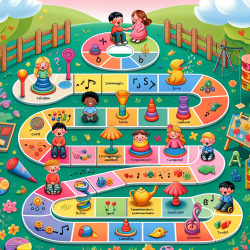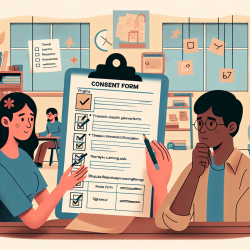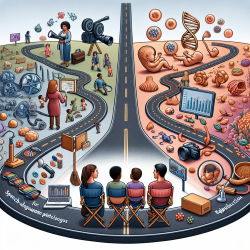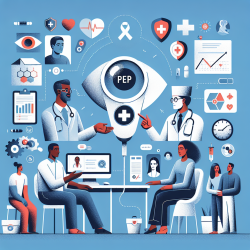Understanding the nuances of language and its cohesive use in narratives can be challenging for children, particularly those with language/learning disabilities. The research article titled "The Awareness of Referential Cohesion in Children With and Without Language/Learning Disabilities" by Phyllis Schneider, Barbara Williams, and Maya Hickmann offers invaluable insights into the metalinguistic abilities of children, focusing on their reactions to anomalies in referential cohesion. This understanding is crucial for educators and therapists aiming to enhance the language development of children with disabilities.
Referential cohesion, the use of language elements to link various parts of a text or conversation, plays a vital role in narrative construction and comprehension. The study explores how children with and without language/learning disabilities react to disruptions in referential cohesion, such as inadequate referent introduction in stories. The findings suggest that while children with disabilities exhibit some awareness of referential cohesion, they are less likely than their peers without disabilities to object to the use of definite determiners for referent introduction.
For practitioners working with children with language/learning disabilities, these findings underscore the importance of focusing on narrative skills and referential cohesion in therapy sessions. Here are several strategies that can be derived from the study's outcomes to enhance metalinguistic skills and narrative cohesion in children with language/learning disabilities:
- Explicit Teaching of Cohesive Devices: Introduce cohesive devices explicitly, such as pronouns, conjunctions, and determiners, through targeted activities. Explain their role in linking sentences and ideas within narratives.
- Story Retelling and Reconstruction: Use story retelling and reconstruction activities to encourage children to focus on maintaining cohesion. Provide them with stories that contain cohesion errors and guide them to identify and correct these errors.
- Metalinguistic Awareness Activities: Engage children in activities that boost their metalinguistic awareness, such as discussing the function of words and sentences in texts and how they contribute to the overall cohesion of the narrative.
- Use of Visual Supports: Incorporate visual supports, like story maps or graphic organizers, to help children visualize the structure of narratives and the links between different story elements.
- Collaborative Story Creation: Facilitate collaborative story creation tasks where children work in groups to create their own stories. Encourage them to focus on using cohesive devices effectively.
Implementing these strategies can help children with language/learning disabilities become more aware of the cohesive structures of narratives, thereby improving their language comprehension and production skills. It's important for practitioners to adopt a patient, supportive approach, providing ample opportunities for children to practice and receive feedback on their use of language in narratives.
The study also highlights the potential for children with language/learning disabilities to develop metalinguistic awareness over time, with appropriate intervention and support. This underscores the significance of early identification and intervention in language/learning disabilities, emphasizing the need for tailored educational and therapeutic approaches that address specific language challenges.
In conclusion, the research presented by Schneider, Williams, and Hickmann offers valuable insights for enhancing the narrative skills and referential cohesion awareness of children with language/learning disabilities. By integrating the study's findings into therapeutic practices, educators and therapists can better support the language development of these children, paving the way for improved communication skills and academic success.
To read the original research paper, please follow this link: The Awareness of Referential Cohesion in Children With and Without Language/Learning Disabilities.










